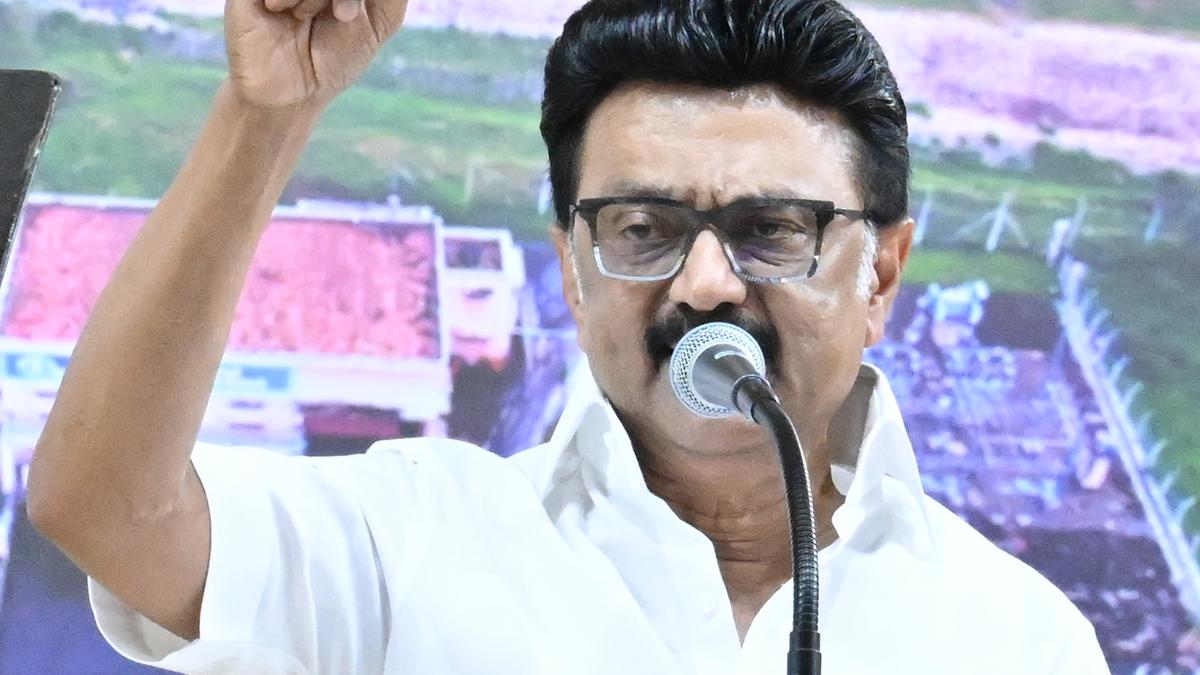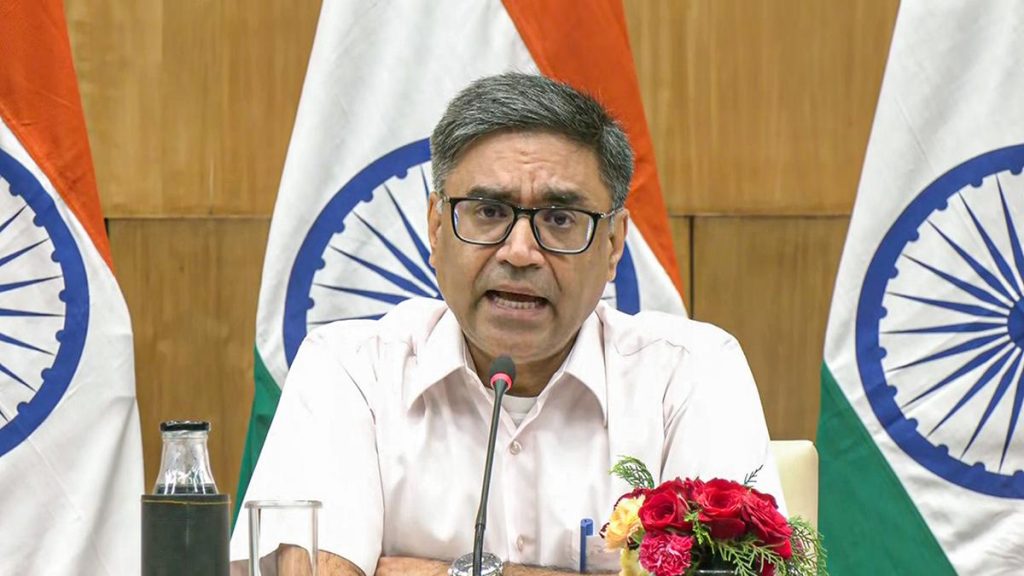Now Reading: T.N. CM Stalin Urges PM Modi to Address U.S. Tariff Impact on State
-
01
T.N. CM Stalin Urges PM Modi to Address U.S. Tariff Impact on State
T.N. CM Stalin Urges PM Modi to Address U.S. Tariff Impact on State

Speedy Summary
- Tamil Nadu Chief Minister M.K. stalin wrote to Prime Minister Narendra modi regarding teh severe impact of U.S. tariffs on Tamil Nadu’s export-oriented sectors.
- The current 25% tariff, potentially escalating to 50%, disproportionately affects Tamil Nadu due to its higher dependency on the U.S. market for exports (31% of Tamil Nadu’s $52.1 billion exports vs. India’s national average of 20%).
- Key affected sectors include textiles, machinery, auto components, gems and jewelry, leather, footwear, marine products, and chemicals-all labour-intensive industries.
- The textile sector alone employs nearly 75 lakh people in Tamil Nadu; a tariff hike threatens approximately 30 lakh jobs.
- Recommendations by Mr. stalin include:
– GST correction for man-made fiber value chain under a unified 5% slab.
– Exemption of import duty on all varieties of cotton.
– Extension of collateral-free loans with interest subsidies under ECLGS and moratoriums on repayments.
– Enhanced rodtep benefits for exporters.
- Proposal includes relief measures such as tax deferrals akin to Brazil’s recent initiatives and accelerating Free Trade Agreements (FTAs) to mitigate market risks.
Indian Opinion Analysis
Tamil Nadu’s close ties with global trade make it particularly vulnerable to rising U.S.-imposed tariffs. With export-driven industries accounting for employment across millions in the State, any slowdown could lead not only to mass layoffs but ripple effects throughout allied sectors like logistics and services.
Mr. Stalin’s approach integrates structural reforms within domestic frameworks such as GST adjustments alongside short-term financial interventions through loans and interest reliefs-a dual strategy aimed at preserving competitiveness while ensuring liquidity during challenging times.
The proposed call for expedited ftas reflects an immediate need for India-EU or other bilateral arrangements that can ease trade bottlenecks caused by reliance on high-tariff markets like the United States.
Given that India’s overall economy is pivotally reliant upon manufacturing hubs such as Tamil Nadu, ensuring stability in these regions should align with broader national priorities against prolonged global trade challenges.
Read more: Link

























